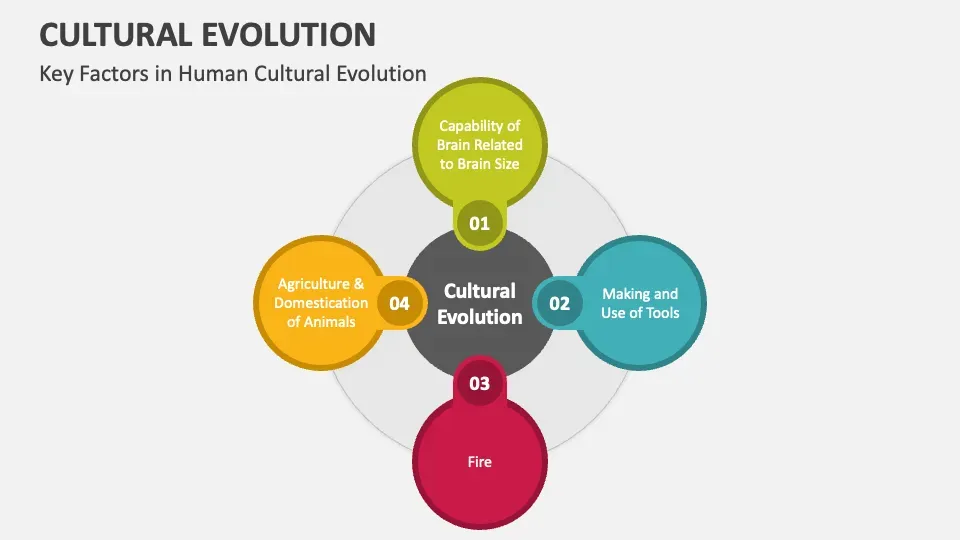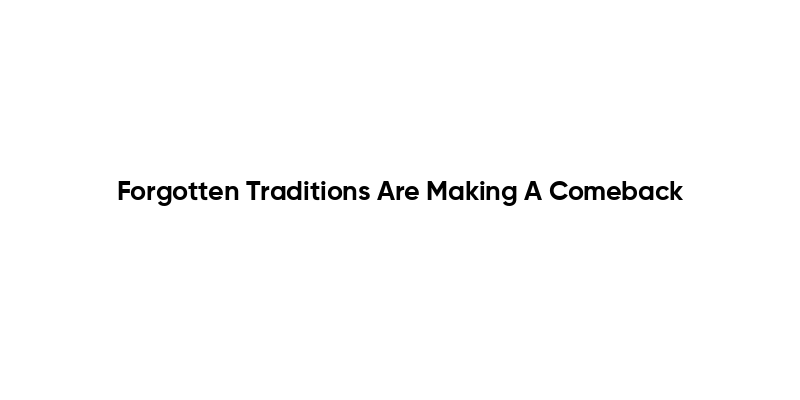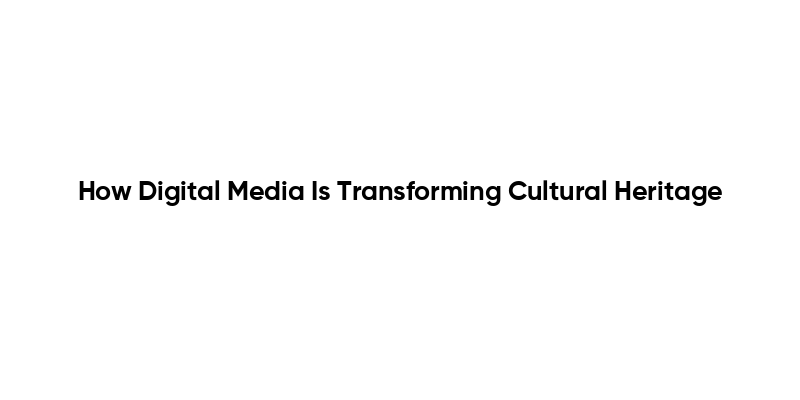Evolution of Culture is not a single moment in time but a long, interconnected journey that moves from intimate folklore to expansive global pop culture, weaving together traditions, innovations, and shared meanings across generations. Culture is the living memory of a people—embedded in language, ritual, art, and shared beliefs—and it evolves as communities interact, adapt, and reinterpret their world in response to new ideas and circumstances. This narrative traces how ideas migrate from local storytelling to larger networks through print, radio, and digital media, shaping tastes, identities, and values around the globe. By examining the forces that propel cultural change, we can understand how traditions endure, how new forms emerge, and how our collective imagination becomes more interconnected with each passing decade. From folklore to global pop culture, the journey highlights cultural diffusion and cultural globalization while illustrating how media influence on culture spreads ideas across borders and enriches everyday life.
In other words, culture changes as ideas, practices, and symbols travel between communities. A broader view highlights heritage transmission, cross-cultural exchange, and the remixing of traditions in new settings. We can see how local customs fuse with global currents, how media ecosystems influence daily life, and how identity continues to form through shared experiences. Framed this way, the topic aligns with related concepts such as cultural diffusion, cultural globalization, cross-cultural exchange, and the ongoing dialogue between tradition and innovation.
Evolution of Culture: From Folklore Roots to Global Pop Culture
Folklore forms the root of culture, carrying knowledge, values, and social norms through generations long before the advent of written language. These stories—epic poems, myths, ballads, and legends—serve as a living archive of a people’s memory, explaining natural phenomena, teaching moral lessons, and mapping communal identities. The Evolution of Culture begins here, as storytellers adapt narratives to new audiences and times while preserving core motifs that foster belonging.
As communities moved from oral tradition to the printed word and then to radio, cinema, and digital media, the core messages of folklore travel wider. This transformation is not a simple flattening of differences but a translation across formats—retaining local flavor while becoming accessible to diverse audiences. In this phase, cultural globalization starts to take root, and global pop culture begins to emerge as a shared vocabulary that travels beyond borders, shaped by media influence on culture and the remixing of familiar motifs into fresh, cross-cultural expressions.
The Global Pathway: Cultural Globalization, Diffusion, and the Digital Mediation of Taste
Globalization accelerates the flow of ideas, goods, and practices, accelerating cultural globalization and intensifying cultural diffusion across borders. Local folklore and regional traditions thus meet global trends, creating hybrid forms that honor origins while exploring new contexts. The evolving cultural landscape becomes more dynamic and layered as artifacts, rituals, and aesthetics circulate through museums, festivals, and media channels, illustrating how the Evolution of Culture persists through negotiation and adaptation.
In the digital age, media influence on culture amplifies diffusion, turning participatory fans and online communities into co-creators. Hip-hop, K-pop, and anime demonstrate how a national or regional art form can become a global phenomenon, propelled by streaming platforms, social media, and user-generated content. This democratization of production and distribution accelerates cultural diffusion and reinforces the ongoing shift toward a global pop culture—where audiences contribute translations, remixes, and interpretations that keep local sensibilities alive while inviting worldwide participation.
Frequently Asked Questions
How does folklore drive the Evolution of Culture in the age of global pop culture and media influence on culture?
Folklore forms the cultural root by encoding shared memory, values, and narrative motifs. In the Evolution of Culture, these stories are transformed through printing, broadcasting, and digital media, allowing local tales to reach wider audiences. Media influence on culture accelerates cultural diffusion, enabling hybrid forms and new expressions while preserving core motifs. By reinterpreting folklore for cinema, memes, and fan communities, cultures maintain continuity even as tastes and identities evolve within global pop culture.
How does cultural globalization influence the Evolution of Culture and the diffusion of traditions around the world?
Cultural globalization describes how ideas, goods, and practices circulate across borders, fueling the Evolution of Culture. It enables cultural diffusion—sharing music, fashion, cuisine, and rituals—while also sparking debates about authenticity and ownership. Through museums, festivals, streaming platforms, and cross-cultural collaborations, local roots remain visible even as traditions are reinterpreted for global audiences.
| Section | Key Points | Notes / Examples |
|---|---|---|
| Introduction | The Evolution of Culture is a long, interconnected journey. Culture is the living memory embedded in language, ritual, art, and shared beliefs; it evolves as communities interact and reinterpret their world. The narrative traces culture from folklore to global media, driven by forces that propel change and deepen our understanding of why traditions endure and new forms emerge as our collective imagination grows more interconnected. | From folklore roots to contemporary media; emphasizes interconnected, global perspective. |
| Folklore as the Root of Culture | Folklore is the earliest architecture of culture: oral tradition preserves history, explains phenomena, encodes morals, and maps social roles. It is a repository of collective memory that fosters social cohesion and identity across generations. Folklore is highly adaptable, transforming into theater or cinema while preserving core motifs. | Stories evolve (folklore → theatre/cinema) while maintaining shared belonging; Evolution of Culture highlighted here. |
| From Oral Traditions to Printing, Radio, and Cinema | The printing press democratized knowledge, spreading folk wisdom, songs, and proverbs beyond villages. Literacy expansion broadened cultural vocabulary and enabled mixing of local and foreign motifs. Industrial-era media accelerated diffusion, creating a more recognizable shared culture while preserving regional flavors. | Printing, radio, and cinema as vehicles for broader identities; translation of local stories into widely consumed formats. |
| Globalization, Cultural Globalization, and Diffusion | Globalization accelerates cross-border exchange. Cultural globalization describes this circulation, often catalyzing hybrid forms. Museums, festivals, and media collaborations showcase cross-cultural exchange, while local scenes absorb global influences. | Hybrid forms emerge; debates on authenticity and ownership; thoughtful exchange enriches diverse cultures. |
| Technology, Social Media, and the Remixing of Culture | The digital age speeds Evolution of Culture through the internet, streaming, and social media. Memes, fan remixing, and user-generated content democratize creation. New genres emerge as video essays, indie podcasts, viral dance challenges, and fan fiction reframe canonical stories. | Culture diffuses daily; small, participatory actions reimagine meaning and expand cultural vocabularies. |
| Case Studies: Global Phenomena with Local Roots | Hip-hop/rap evolved from African American communities into a global language for storytelling and protest. Local scenes (Seoul, São Paulo, etc.) add distinct voices while core ethos stay recognizable. K-pop showcases global reach via strategic content, collaborations, and fan engagement. Anime and folklore-inspired storytelling blend traditional motifs with modern narratives, aided by subtitled releases and fan communities. | Examples of globalization in action: varied local flavors within a recognizable global form. |
| The Future: Hybrid Cultures, Local Roots in a Connected World | Future culture forms are likely more hybrid, honoring local roots while embracing global influences. Communities will adapt, remix, and reimagine traditions in response to technology, demographics, and values. | Sustainability, storytelling support, media literacy, and reciprocal diffusion promote resilient, place-based yet globally engaged cultures. |
Summary
Evolution of Culture is a dynamic, ongoing process shaped by folklore, print and broadcast media, globalization, and digital technology. From the intimate power of oral storytelling to the expansive reach of global pop culture, culture continually adapts, reinterprets, and reinvents itself. By understanding the forces at work—cultural globalization, cultural diffusion, and the growing influence of media—we can better appreciate how local traditions endure while new forms emerge in the global arena. The journey is not a straight line but a tapestry of influences, collaborations, and innovations that remind us that culture, at its core, is about shared meaning and collective imagination.



